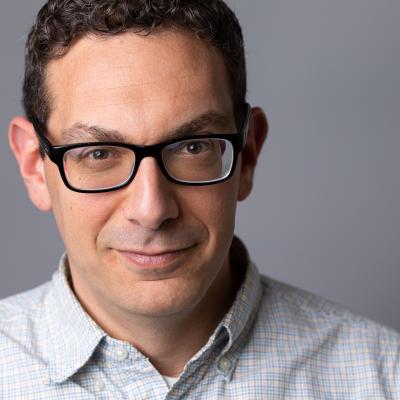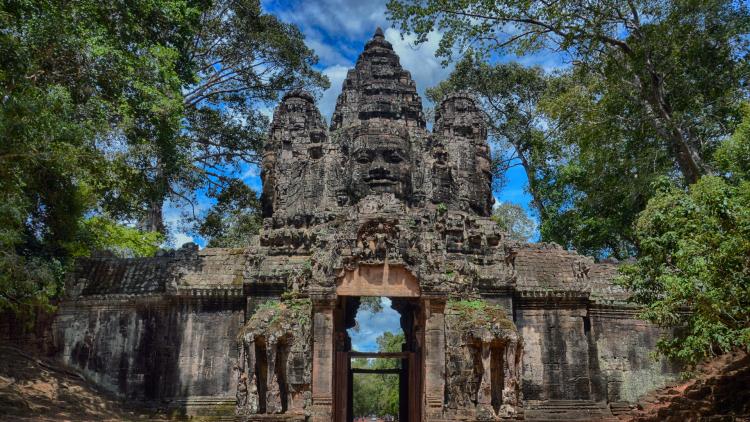H293 - Empire and Globalisation in the early modern Muslim world

Key information
- Status
- Module not running
- Module code
- 154800313
- FHEQ Level
- 6
- Credits
- 15
- Department
- Department of History
Module overview
The module examines the history and historiography of the early modern Muslim world, focusing on the three empires of the Ottomans, Safavids, and Mughals. Using the preexisting historiography of the period as an opening point, the module asks to challenge two widespread assumptions: first, the identification of the early modern with the West; second, the somewhat teleological link between early European expansion (the Portuguese maritime empire and the English and Dutch companies) with nineteenth- and twentieth-century colonialism. Instead, the module aims at examining the early modern period as it was experienced and understood in the context of the Muslim world. Using two modes of investigation, one that stresses the comparison between the polities, the other that explores the connectivity and circulation, we will ask what characterises the early modern period. Special attention will be given to forms of political organisation most identified with the period: the empire. Was there a typically Islamic early modern empire? How was the empire experienced by its people and how did it communicate with the wider world? And above all, can we talk about an ideal type of empire that would apply to both European and non-European polities? By that, the module aspires to present a new framework for understanding the early modern period and the concept of empire on a global scale. Rather than using the West as a template against which all histories are measured, we will follow a non-Eurocentric approach towards global history in a period of increasing connectivity.
Objectives and learning outcomes of the module
At the end of the course, a student should be able to demonstrate…
-
Demonstrate familiarity with the main historical questions regarding the early modern period and their particular manifestation in the Muslim world.
-
Understand various historiographical approaches to, and perspectives on, central issues (politics, trade, migration) and their positioning as global development rather than European imposition.
-
Develop research skills that will help the student identify key historical and historiographical questions, to be explored within wider comparative or connected framework across the confines of ‘regional’ histories.
Scope and syllabus
The module will consist of 10 weekly sessions framed around the following issues:
- Introduction: periodisation and the question of the early modern
- The world system, 1200-1500
- Ottomans, Safavids, and Mughals
- Understanding the early modern empire: the role of technology
- Global links and international trade
- The economic system of empire
- Mobility of people, circulation of ideas
- Empire and locality
- Components of imperial ideology: is there an Islamic empire?
- Towards a comprehensive understanding of the early modern empire
Method of assessment
- Portfolio of short assignments building skills towards the final essay, incl. short article summaries and research proposal, 1,000 words (30%)
- One Essay (2,500 words) at 70%
Disclaimer
Important notice regarding changes to programmes and modules

